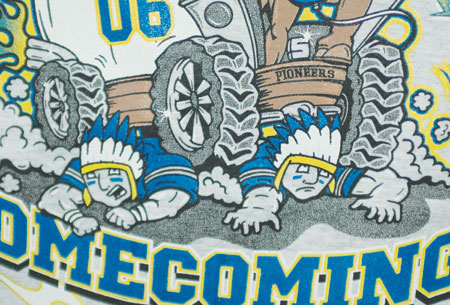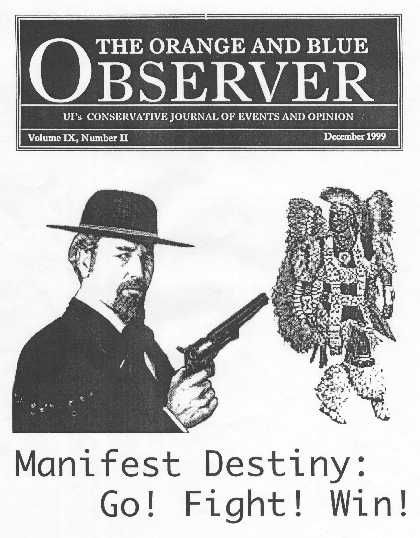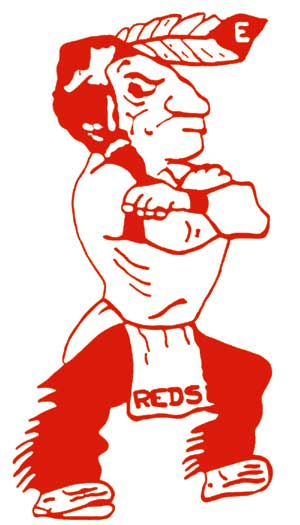The NFL 'Playbook' for Defending Racism Against American Indians
By Michael Friedman
1. Reframe a dictionary- and government-defined racial slur as a term of "honor."
2. Disregard protests of Native Americans and civil rights leaders.
3. Ignore science showing harmful effects of racism against American Indians.
4. "Don't we have more important things to worry about?" Defenders of the Washington team name often dismiss opposition to the team name as an example of political correctness gone awry. Further, those supporting the team often presents a false dichotomy whereby American Indians should be forced to tolerate racial slurs because they suffer from other "more pressing" issues such as poverty. In response to a letter from American Indian U.S. Congressman Tom Cole urging the NFL to support a name change for the Washington team, team representative Tony Wyllie responded by saying, "Don't they have more important issues to worry about?"
Not only do these statements contradict the social science demonstrating the harmful effects of racism, but they also contradict how the NFL handles issues of racism among other groups. Keep in mind that the NFL can act decisively against bullying and racism without needing to consult polls. Imagine the appropriate public outrage if the NFL decided not to sanction Rich Incognito for his use of racial slurs against Jonathan Martin because the African American population has "more important things to worry about."
How to Argue Against Racist Mascots
By Taté Walker
Mascots are entertainment. They’re meant to symbolize a sports team, not 566-plus sovereign nations, their histories and contemporary issues.
Redface, war chants, war paint, costumes… These reduce Natives to violent, aggressive, testosterone-fueled savages of the past that can be mocked, ridiculed, and violated by fans of opposing teams.
It makes sense that the images chosen for school and sports mascots during this time depicted noble, stoic savages of the past. The real “tradition” mascots honor and uphold is the idea of a passive, silent, defeated, and nonexistent Indian.
Lot’s of bad ideas–slavery, the Holocaust, the Bush Administration–were supported by the masses. Doesn’t make them okay.
The Civil Rights Act, voting rights for women… these things would have never been approved if popular (read: privileged) opinion were the deciding factor.
When you’ve got generations of Native people being exposed to Indian mascots, it’s a no-brainer some of that psychological damage will take on a Stockholm or Uncle Tomahawk effect.
I know you’ve been primed to see Natives as simple and one-dimensional, but we’re human beings capable of taking an active interest in many subjects.
More importantly, we’ve realized over time that Indian mascots exacerbate the issues Native people face in their communities, because dehumanization leads to negative thoughts and feelings.
A lot of those feelings are tied directly to the relationship the rest of America has with its sovereign tribal neighbors: The stereotypes that make up the heart of Indian mascots render real Natives—and our real issues—as immaterial.
Please, tell me more about how I should feel. Those who have privilege do not get to decide what should or should not offend Native people.
Beyond this, the word “offensive” is the worst kind of double-speak shading the reality of what Indian mascots are: Racist. This isn’t about being offended. This is about racism and ending racism in sports.
Mascots dehumanize. They place Native people into an entertainment category no other ethnic or political entity today must endure.




No comments:
Post a Comment